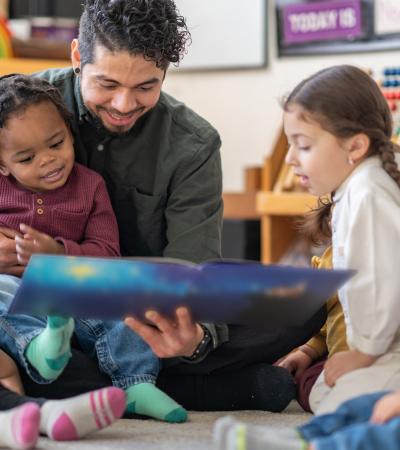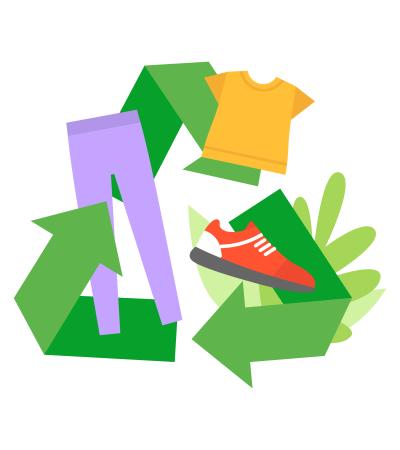Being eco-friendly has taken center stage in recent years. Many library users want to make more sustainable choices but may lack the knowledge of how to do so. Programs focused on "going green" are a fun, accessible way for patrons to celebrate Earth Day, and they can also be an easy lift for a busy librarian. Below are eight eco-friendly program ideas that you can use to celebrate the 50th anniversary of Earth Day with hardly any prep work at all.
Image

| Create your own beeswax wrapsCreating reusable versions of typically disposable items can be a fun way to incorporate the concept of reducing waste. At Springfield-Greene County Library District we recently held a class on creating beeswax wraps. Using cotton fabric and beeswax, our staff taught patrons how to make their own reusable sandwich bags and “plastic wrap” for covering dishes (videos online can help you learn how). You could also incorporate projects like reusable cloth napkins into existing makerspaces. |
 | Fix-it fairsOur Midtown-Carnegie branch hosts quarterly Fix-It Fairs, inspired by the Repair Cafe movement that started in Europe. At a Fix-it Fair, experienced "fixers" volunteer their time to educate the community about common repairs. People bring in all sorts of items to the Fix-it Fair, such as radios, clocks, vacuums and bicycles. The owner of the broken item is paired up with a fixer, who teaches the owner how to repair. The person learns a new skill and household appliances stay out of the landfill. If you know a few handy people, this type of program can be an easy lift — and a real help to a lot of people and the planet. Read about Saratoga Springs Public Library's Repair Cafe. |
 | Library swapsThink of it like a neighborhood garage sale, but everything is free. This low- to no-cost program is easy enough to oversee — require registration, set some guidelines and set an item limit. Patrons bring in unwanted (but still good quality) items from home, and they get to leave with the same number of items they came in with. Consider reaching out to other libraries who have done this to help you design your own library swap. |
Image
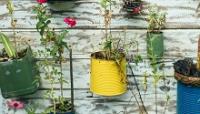
| "Upcycling" craft classesGoing green also means finding creative ways to reuse old things. Crafting classes that take something old and make it new again (“upcycling”) are a low-cost way to help library users go green and look at items around their house in new or unexpected ways. Don't know where to get started? Try to make rag rugs or check out a resource like Upcycle That to find projects based on the materials you have on hand. |
Image
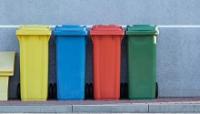
| Recycling partnershipsAccording to the EPA, the US recycles only about 14 percent of all plastic packaging. Local recycling centers may want to host a program about separating items for recycling or what can be recycled versus what can’t. Also, libraries can serve as one-day partner sites for electronics recycling drop-off or shredding documents. For those of you in suburban areas, partner with a city yard waste center to offer a program on managing yard waste. |
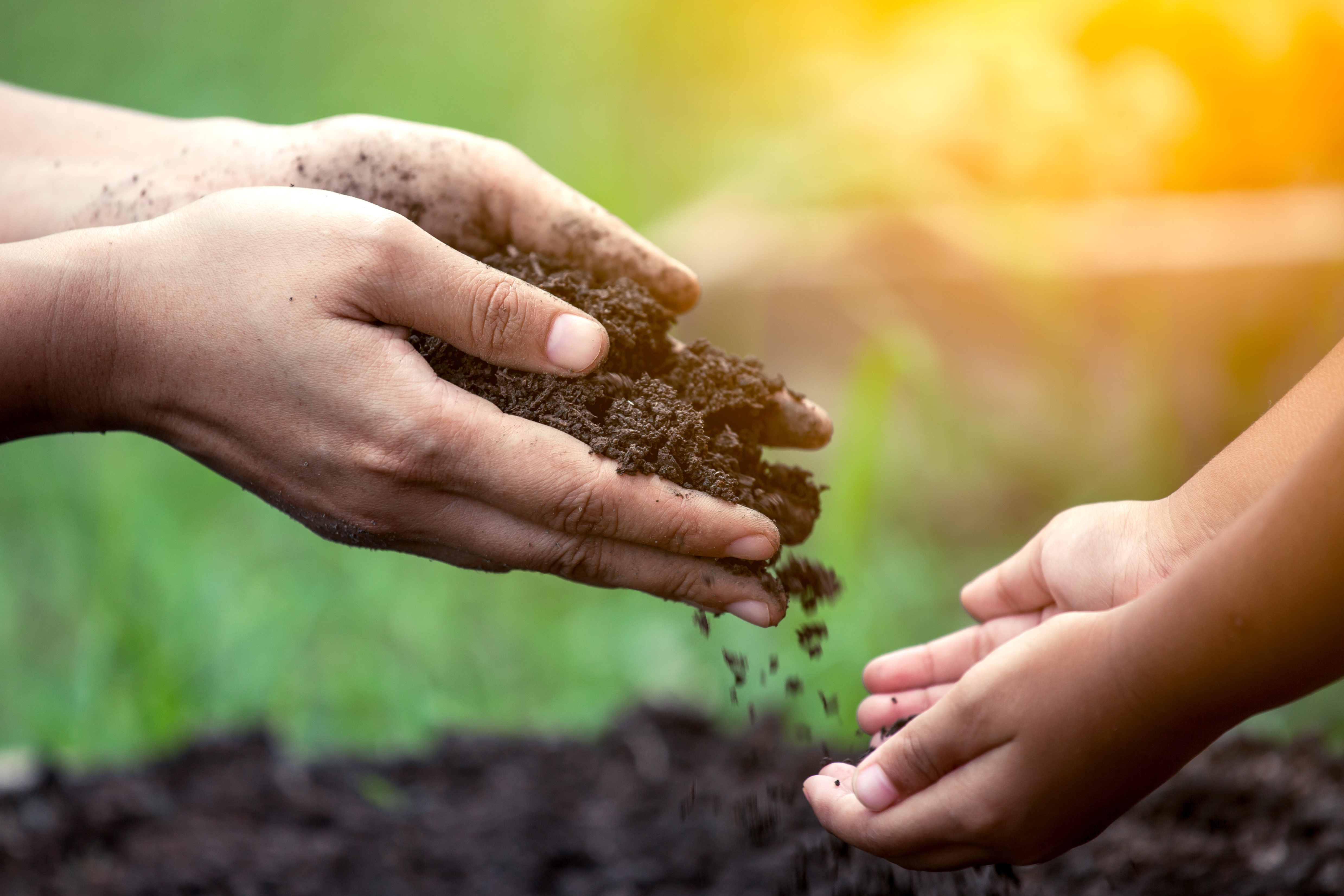 | Compost classesComposting is also a type of recycling, but with organic matter. Programs about building compost bins, managing materials while they compost and vermiculture all make great gardener-friendly Earth Day topics. Partner with someone in your community to bring in outside expertise. |
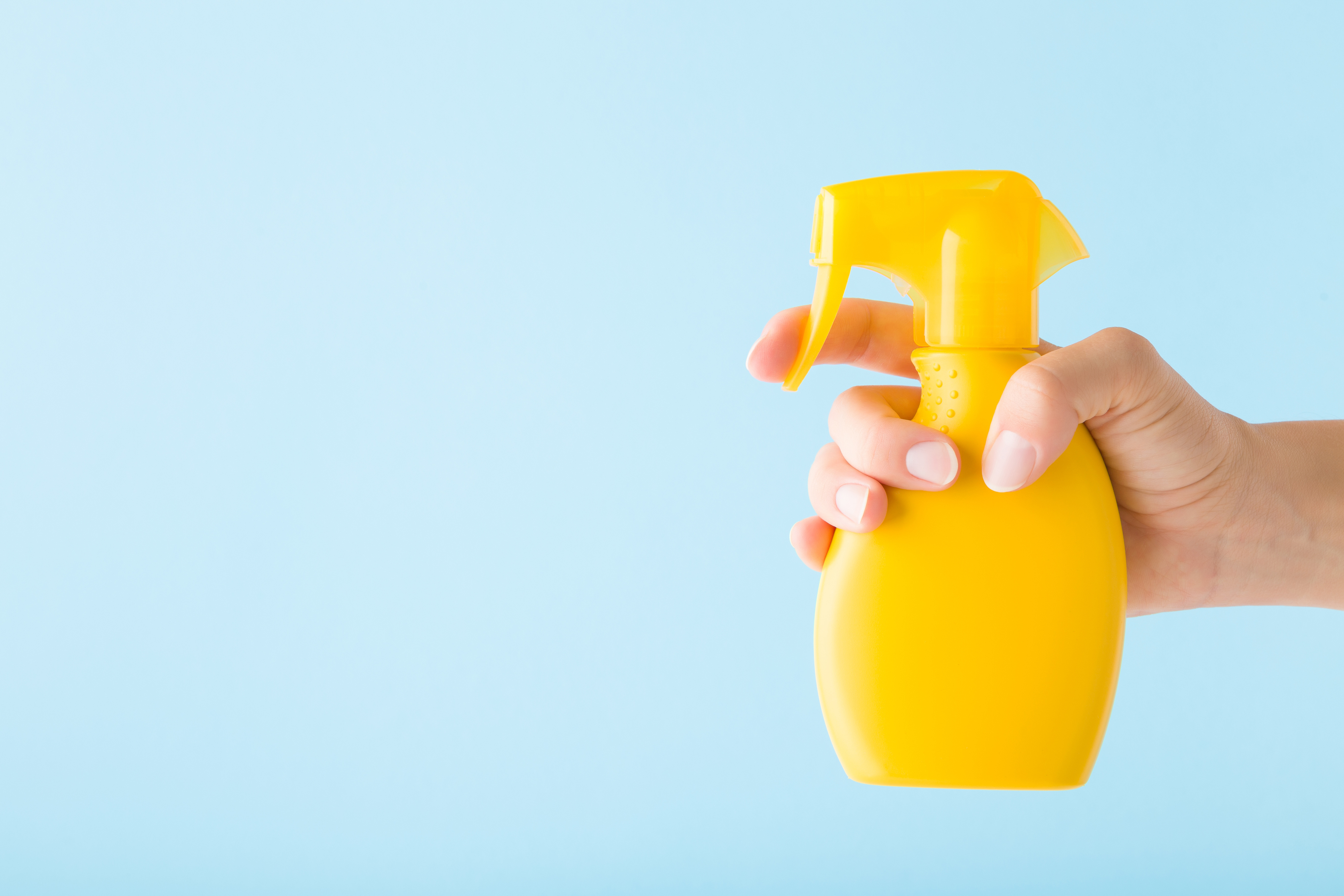 | Green cleaningMany library users have concerns about toxic chemicals in relation to their own health and the environment. A Spring Green Cleaning program is a great DIY event that gives patrons a chance to make their own safe, environmentally friendly cleaning products with ingredients readily available in most grocery stores. Set up stations to let patrons create their own laundry detergent, tub cleaner, carpet deodorizer and more. Patrons can create sample sizes and take home a "recipe book." |
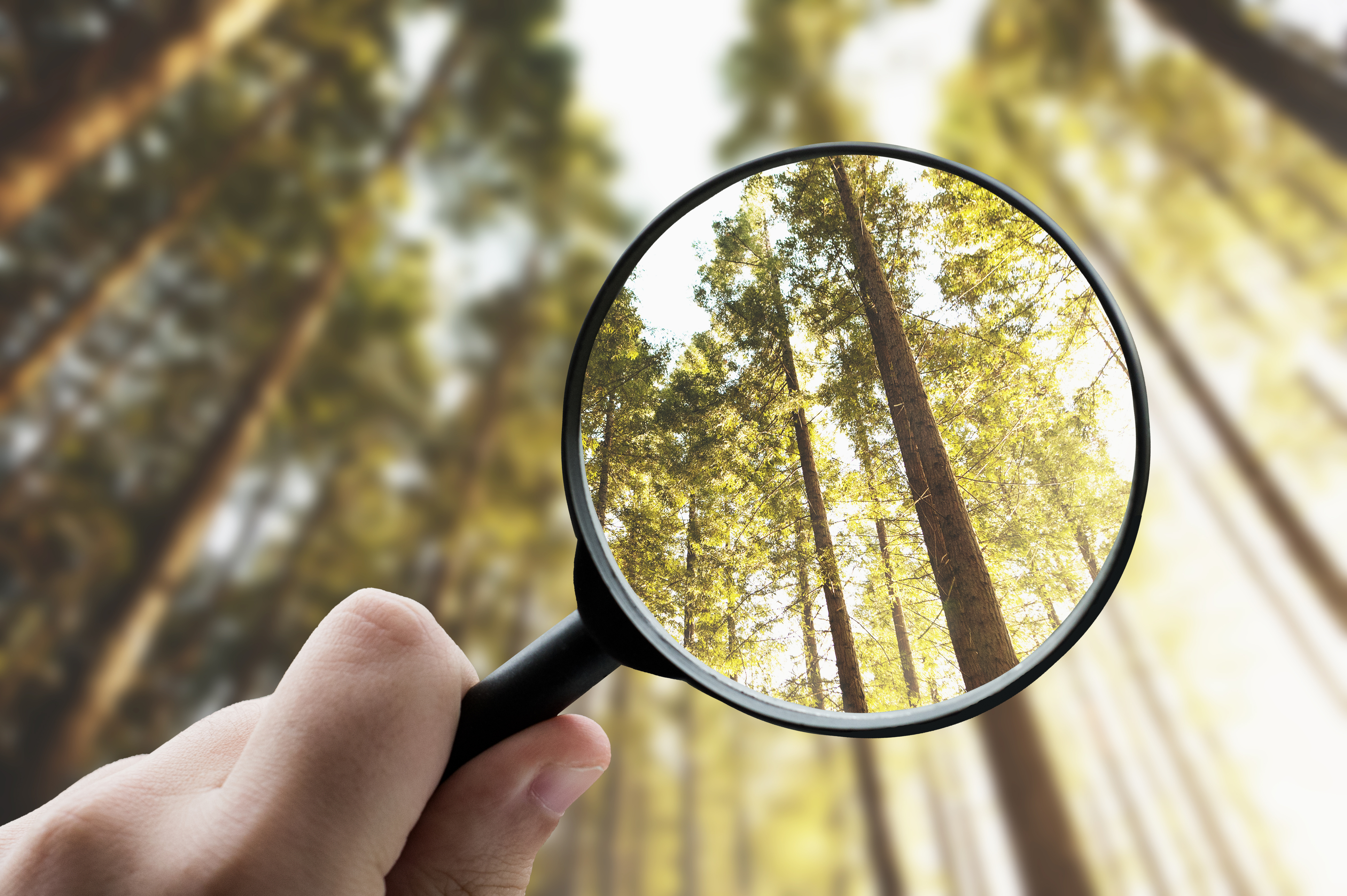 | Old skills, new focusPartner with local community clubs and artisans to offer demonstrations on eco-friendly skills. Or contact your local extension office (almost every county in the US has one!). Extension offices are departments located in counties and universities that provide highly localized information about crops, landscaping, soil, gardening, pests and more. Some potential topics include urban chicken farming, beekeeping and canning. |
“Going Green" serves as a great umbrella a wide range of fun, low-budget Earth Day programming. Don’t be afraid to branch out and work with community partners to offer your users a uniquely green program experience. Do you have other plans? Share them in the comments.
Katie Hopkins is the adult programming coordinator at Springfield-Greene County Library District. This blog post is part of a series exploring programming for Earth Day 2020.


